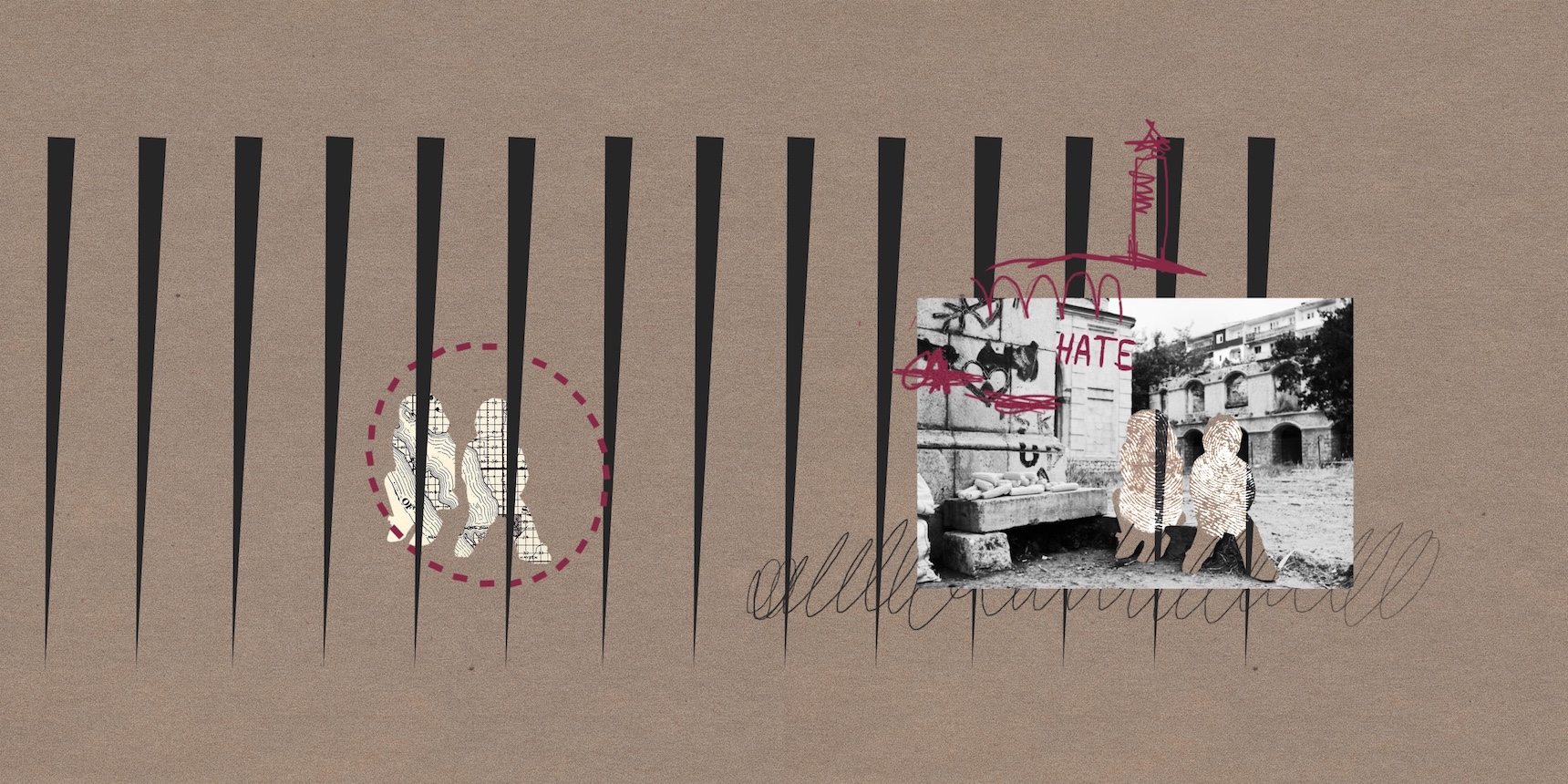
In anticipation of violence while discussing peace, in the face of loss and defeat, amid historical shifts in regional and international realities on one hand, and the imperative to be resilient on the other, perspective can emerge from lucid discourse and subject-specific insight.
Violence, the Mundane and Silence
The “anticipation of violence” encapsulates how in contexts with drawn-out conflict, violence is present in the mundane, and the sense that renewed violence is inevitable becomes a regular feature of everyday life.
Read moreThe New Golden Age of Armenophobia
The West has its “causes célebres” where repressive language against minorities would be countered with outrage. Minorities less propitiously situated in the West’s configuration of interests are worthy of an embarrassed silence. Kevork Oskanian explains.
Read moreThe Dangerous Emptiness of Hate
The persistence of the hate-induced discourses and practices in Azerbaijan before and especially after the 2020 Artsakh War is indicative of the structural role of hatred in the political order created by the Aliyev regime.
Read moreAbdication of Duty and the Art of Scapegoating
Russia is not simply abdicating its responsibilities towards Armenia; it is directly working against Armenia’s interests by aligning with Azerbaijan to strengthen the Russo-Azerbaijani axis and methodically discredit official Yerevan.
Read moreBuilding Fortress Armenia
Raffi Kassarjian introduces the concept of a national, collective effort to safeguard the independence, democratic principles and complete territorial integrity of the Republic of Armenia where every square cm is protected, with no compromises or territorial concessions of any kind to any external threats or demands.
Read moreTo Rise, First You Must Burn
Three years ago today, on September 27, Azerbaijan launched a catastrophic war against Artsakh, leaving thousands dead and swathes of territory captured. Three years on, the world is witnessing the mass exodus of the indigenous Armenian population of Artsakh.
Read moreFrom Constructivist to Liberal Realism: From Nation to State
The restoration of Armenian sovereignty in 1991 prompts us to contemplate the future of Armenia and its position in the international order, writes Gaidz Minassian.This is all the more pressing when the Armenian state has never been thoroughly examined through the lens of international relations theories.
Read moreRatified, Unsatisfied: Addressing Ongoing Concerns About Armenia Joining the ICC
While some welcomed Armenia’s ratification of the Rome Statute of the International Criminal Court, a cohort of skeptics remain opposed to the idea. Sheila Paylan addresses the most relevant concerns.
Read more








